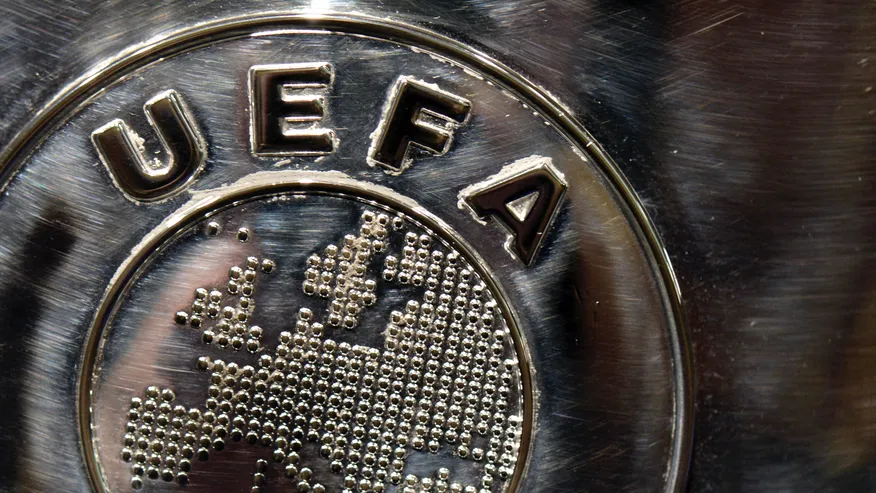
Chelsea’s new policy of handing out increasingly long-term contracts as a way of bypassing Financial Fair Play (FFP) rules, will soon be shut down as UEFA has proposed a new ruling to block the loophole.

FFP was introduced generally to ensure clubs do not spend more money on transfers and wages than they can earn. In working out that balance, transfer fees are accounted for over the entire length of the player’s contract, with add-ons only included as and when they are triggered.
By that token, Mykhaylo Mudryk’s £88m move, including a potential £26m in add-ons, from Shakhtar Donetsk goes onto this year’s annual FFP accounts as just £7.3m when the initial amount is split over the length of his Premier League record-breaking eight-and-a-half year contract.
However, after complaints from other clubs about Chelsea’s recent transfer activity in particular, UEFA will change the accounting rules to insist the transfer be split over a maximum of just five years. An assessment of Chelsea’s recent activity reveals the incredible extent to which the London club has been able to take advantage of the current system.
The new owners at Chelsea have taken their spending to £460m already but it is all above board for now.

Of the mammoth £460m already spent by Todd Boehly’s consortium, an up-front £298m has been spent on players who have tied themselves to Stamford Bridge for longer than five years. By doing that, the impact on Chelsea’s FFP balance has been watered down to just £42.7m.
According to The Times, UEFA is planning to impose a five-year limit to combat the loophole.
Under the new rules, though, being forced to stick to the same FFP restraint would only have enabled Chelsea to spend a maximum of £213.5m, £85m less than they have been able to get away with spending.
Outgoings in transfers, wages, finance costs, dividends, and amortisation of transfers are compared to income from gate receipts, TV revenue, advertising, merchandising, sale of assets, finance, player sales, and prize money.

Any club making more than a very minor loss overall can be punished by a range of measures such as transfer embargoes or bans from European competitions. UEFA also introduced a new FFP measure at the start of the year called “squad cost control”.
Starting this year, clubs can only spend 90 percent of their revenue in a calendar year on wages, transfers, and agents’ fees. This will drop to 80 percent in 2024 and remain at the final value of 70 percent from 2025 onwards.

Leave a Reply